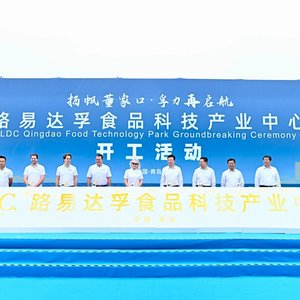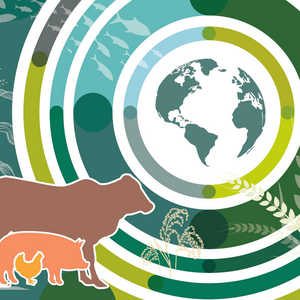Local fish feed producers in Lagos State are lauding the upsurge in local fish feed production due to major increases in the cost of purchasing foreign feeds and high inflation rates.
Producers spoke in separate interviews with the News Agency of Nigeria (NAN) in Lagos. Mr. Tajudeen Aina, a producer and supplier of local fish feed, said that there had been an increase in the local production of fish feed owing to the exchange rate of the dollar to the naira.
“There is an upsurge in local fish feed production following the inflation rates and the high cost of purchasing foreign feeds,\" stated Aina. “Prior to the inflation rate, most feed suppliers have been importing fish feeds, but the rise in dollar rate discouraged local suppliers and farmers from patronising imported feed.
‘‘The cost of foreign feeds has increased from N3,000 per bag to N10,000 per bag.”
He told NAN that there had been innovations in local fish feed production, which made fish farmers to have preference for locally produced fish feed.
“The rise in local fish production has led to newer innovations in the combination of fish feed components. The inflation led to the innovation in local fish feed production and has benefited the local fish farmer immensely. The importation of foreign fish feed has dropped drastically, as most feeds in the market currently are locally produced.\"
He said that there were some components in the fish feed which were still being sourced from foreign products. According to him, there is need for government’s intervention in subsidizing the cost of importing such products.
“We currently have some foreign micronutrients in the fish feed which local fish farmers cannot do without, particularly in the first three months of rearing catfish. These components cost more when produced locally; so we opt for the imported ones. We appeal to the Federal Government to help subsidise some of the raw materials used in local feed production,” he said.
Another producer, Mr. Yinus Adeyemo of Royal Farms and Veterinary Services, spoke on the quality of the local feed. Adeyemo said that composites of the local fish feed were capable of giving the same result of the imported feeds if local producers do not compromise the production process.
“Local fish feed can give the local farmer the desired result he wants for his fish within a short period of time,\" he said. “We have standards for producing fish feeds, if a local fish feed producer will not compromise that standard. The local fish feed will give the same result as the imported ones,” he said.
Adeyemo also lauded the increase in the demand for local fish production by farmers.
“We have enough demand for local fish feed and the demand is increasing daily; most farmers book ahead and make payment ahead. I think Nigerian fish farmers have started appreciating local fish feed production because of its impact on the outcome of the fish,” he concluded.










